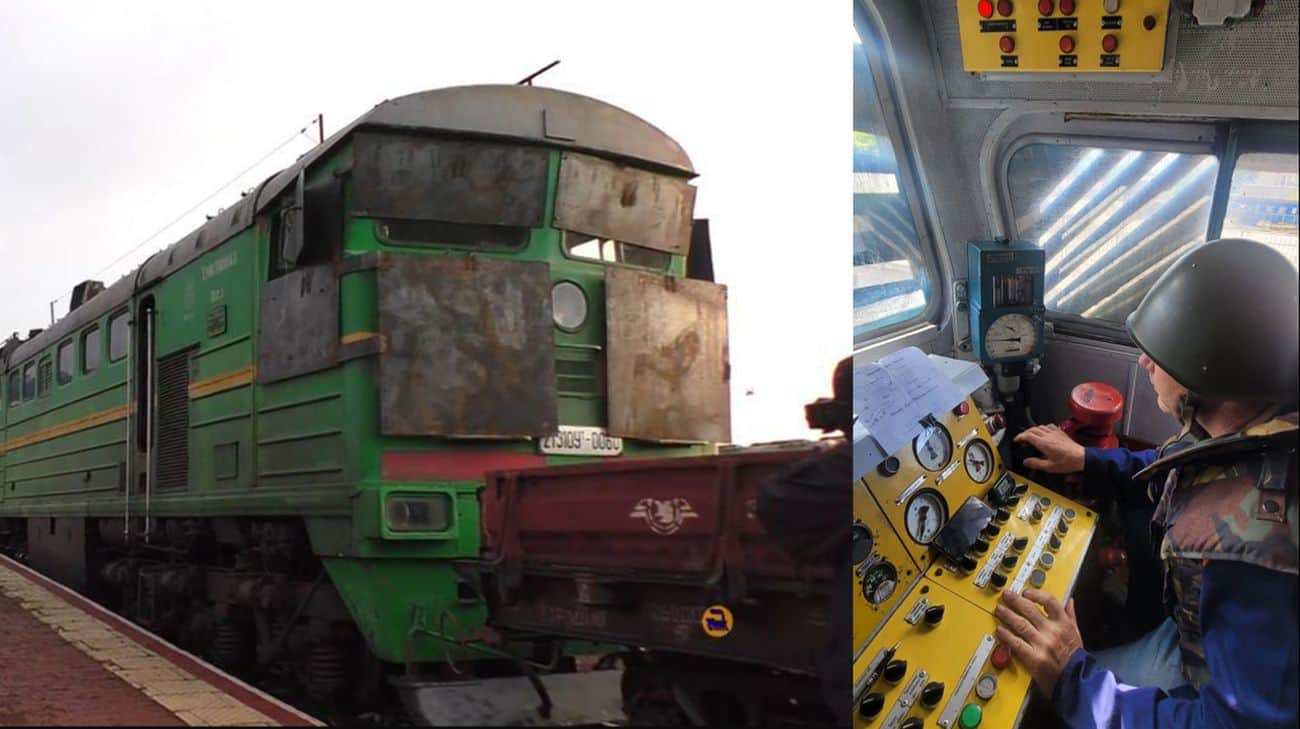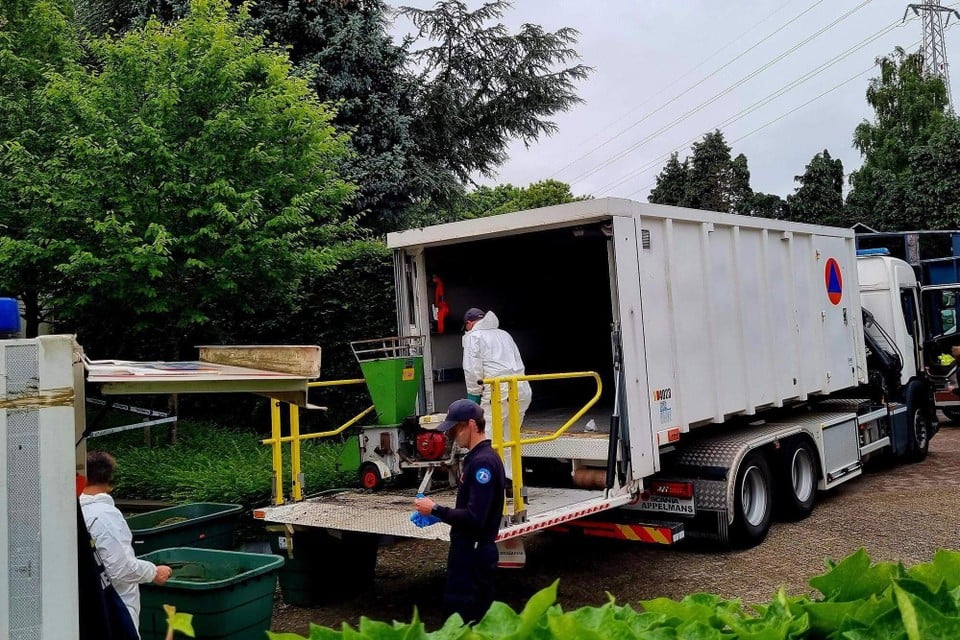The launch of the European Spectrum rocket failed
:format(webp)/s3/static.nrc.nl/wp-content/uploads/2025/03/07060457/SPACE-EXPLORATION-SPACEX-AVIATION_66475023.jpg)
The first 25 seconds seemed fine. Exactly at 12.30 the nine rocket engines of the German spectrum rocket. The 28 meter high cylinder rose faster and faster due to the sunny Norwegian air above the snowy island of Andøya in northern Norway.
But then it went wrong: within seconds the point turned down, and the rocket poured back to the earth, to explode when he hit the ground. What should have become the first launch of a rocket from (non-Russian) Europe has ended in a very early test flight.
In advance, Juliana Metzler, team leader at the German missile builder Isar Aerospace had already done some expectation management: « Let’s not forget that it is the first test flight, and the goal is to collect as much data as possible. » The company, based in Munich, has two already finished rockets ready for the next attempt. But first the teams will consider extensively about the data collected today, the live stream commentator reported after a few minutes of icy silence.
Isar CEO Daniel Metzler also had a positive perspective afterwards.
« Our first flight has met all our expectations, and achieved a great success. We had a clean Liftoff, 30 seconds in flight and we could even try our Flight Termination System. » The Flight Termination System is the system that automatically blown up a rocket -flying rocket.
Smaller missiles
The Spectrum rocket should have become the first of a fleet of small commercial European missiles, which can quickly, cheaply and reliably small satellites in a job around the earth, and thus offer Europe independent access to space. « It is interesting for Europe that now also launchers appear for smaller satellites up to a thousand kilos, » says Joost Carpay, who happens to be just in Paris on behalf of the Dutch Space Agency for Meeting about ‘launchers’, such as rockets in space policy language.
The New Zealands-American Rocket Lab and the American Firefly are already operating on this market, with the small rockets Electron and Alpha. In order to reduce European dependence on American launchers, and to boost the growth of the European space industry, the European Space Agency ESA announced the ‘European Launcher Challenge’ in 2023, in which the winning European rocket builders is given a subsidy of € 169 million in the prospect. The conditions were published this week. A successful launch is a minimum required.
Another contender is the German company Rocket Factory Augsburg (RFA), from the Augsburg Autostad. RFA is working towards a launch of its RFA One rocket from the island of Unst, one of the Shetland Islands north of the Scottish mainland.
RFA has also become acquainted with the always lurking setbacks in the space world. A rocket staircase exploded in August 2024 on the launch platform during a test, after which the launch to this year was postponed.
Ordinary runway
A little further in the future there are even more European rocket launches in the pipeline, such as the Miura 5 rocket from the Spanish PLD Aerospace, the Maia of the French MaiaSpace, and the Zephyr of the French Startup Latitude. Dawn Aerospace in the Dutch New Zealand is working on the Rocket plane Aurora, which must be able to take off and land from a normal runway.
The question of which of these European commercial missiles is the first to reach a job around the earth, is completely open again with today’s very short test flight.
Read also
Starship by Elon Musk explodes again, videos show around flying debris

:format(webp)/s3/static.nrc.nl/wp-content/uploads/2025/06/05163439/data133217982-f902a2.jpg)
/s3/static.nrc.nl/wp-content/uploads/2025/06/06205808/web-0606BINspermadonatie.jpg)
/s3/static.nrc.nl/images/gn4/data133317775-d0126f.jpg)




